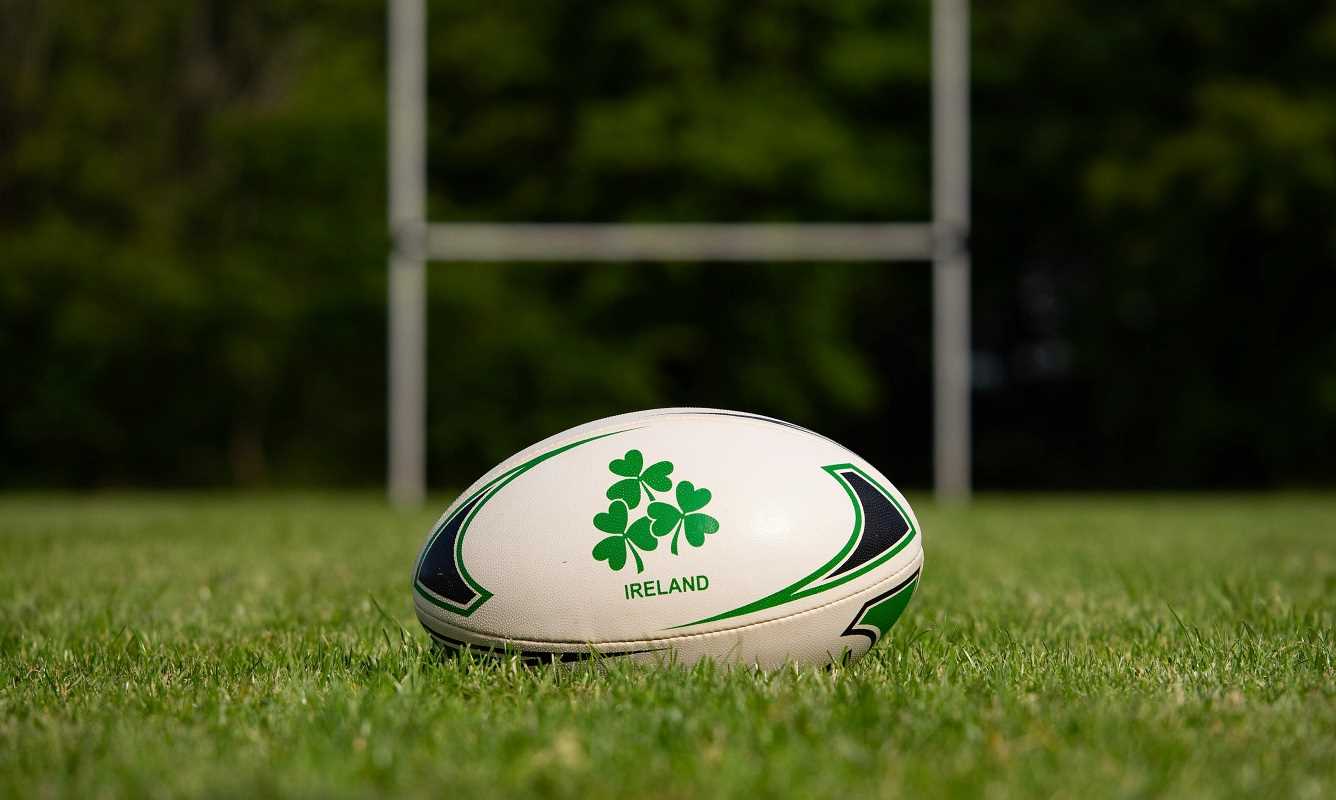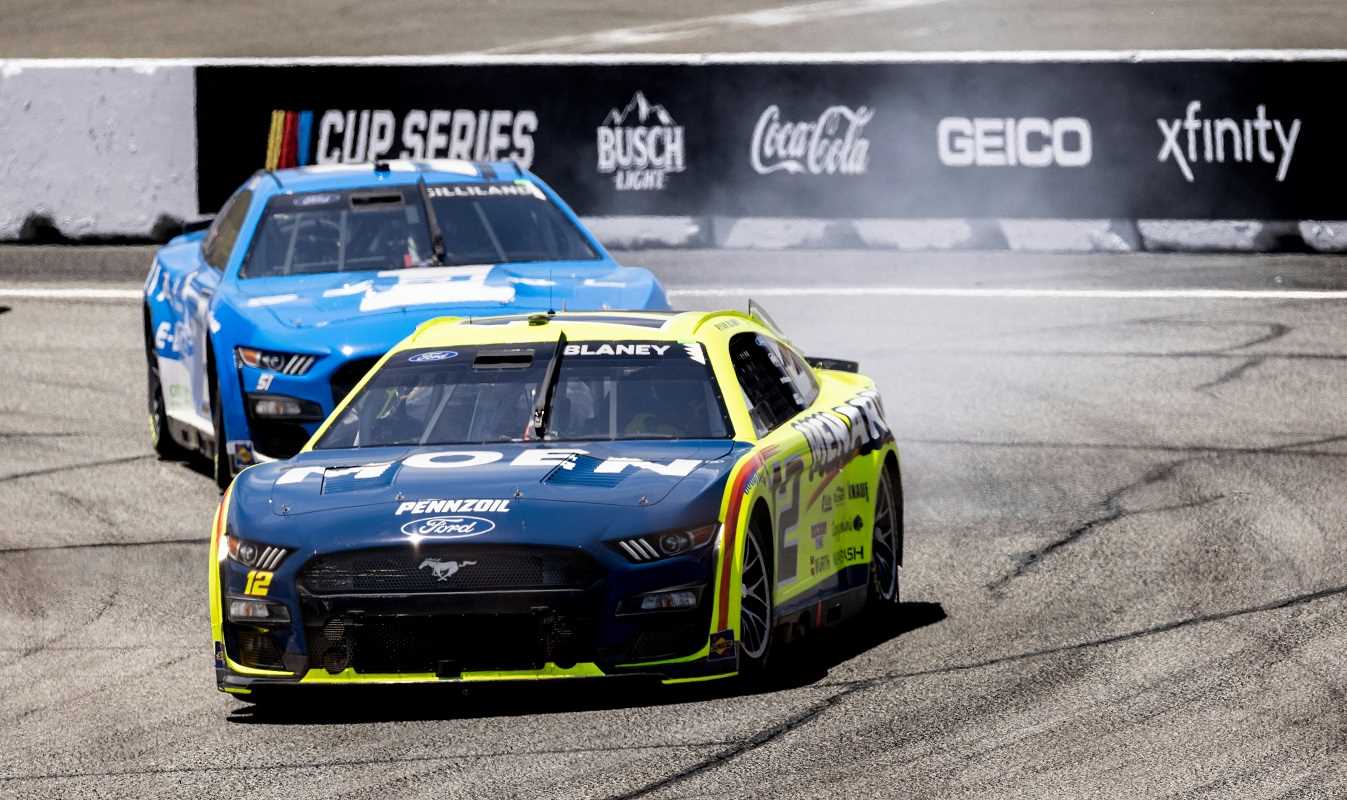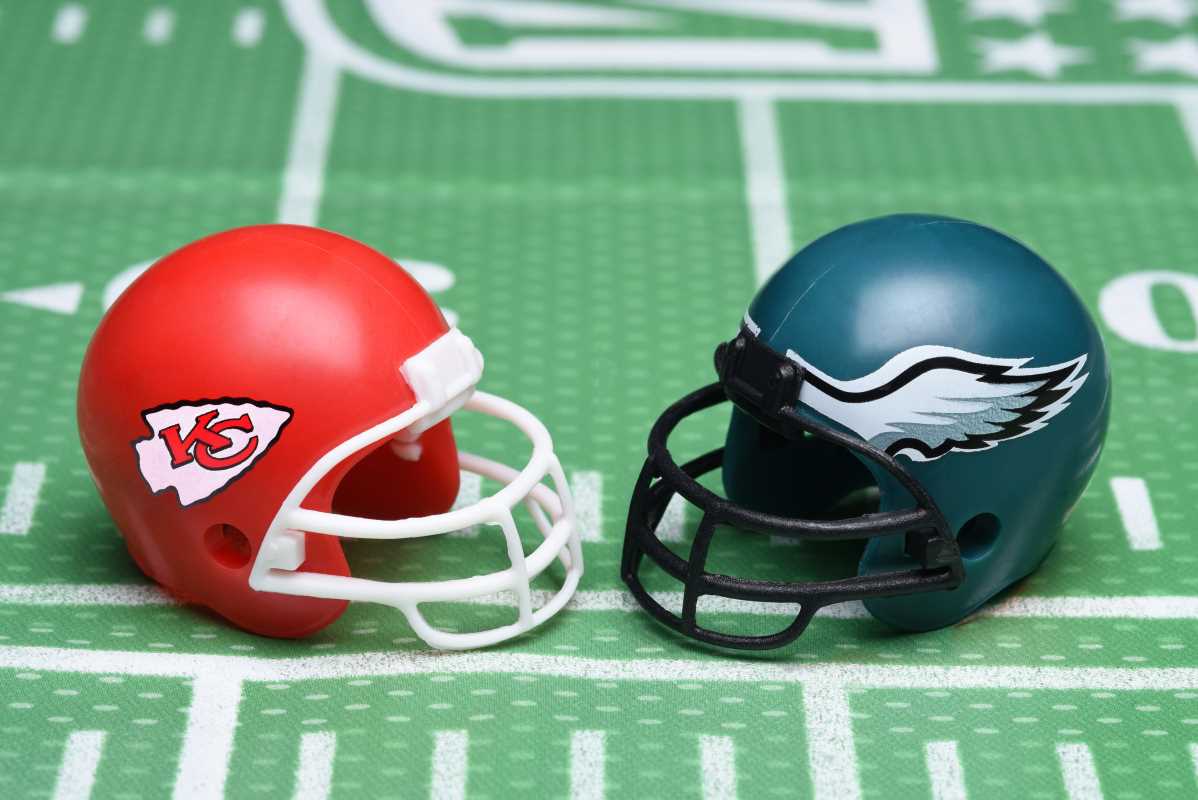Athletes are often idolized as untouchable heroes, their incredible feats on the field, court, or track cementing their legacy in the public eye. But beneath the trophies and titles are real people navigating the same struggles we all face. Over the years, many athletes have opened up about their mental health, sharing untold stories of vulnerability while balancing a successful career in sports. Their willingness to speak out has sparked critical conversations in sports and beyond.
These are the remarkable stories of athletes who are changing the game in mental health and advocacy.
Michael Phelps: The Weight of Gold
Michael Phelps, the most decorated Olympian of all time, has accomplished what very few athletes could even dream of. But even with 23 gold medals to his name, Phelps was quietly struggling with depression and anxiety. “Therapy saved my life,” Phelps shared in a 2022 interview, candidly reflecting on his mental health battle after his second DUI arrest in 2014. It was a moment he described as the darkest point in his life, where he even contemplated taking his own life.
Phelps sought help through therapy and checked himself into a treatment center. The experience not only helped him heal but also propelled him to become an outspoken advocate for mental health. Today, he collaborates with organizations like Talkspace to encourage others to seek the help they need. His story continues to remind us that mental health is just as essential as physical fitness.
Simone Biles: Redefining Strength
When Simone Biles, the most decorated gymnast in history, withdrew from multiple events at the Tokyo Olympics in 2021, the world was stunned. Biles cited mental health struggles, explaining that prioritizing her well-being was more important than competing. “I say put mental health first because if you don’t, you’re not going to enjoy your score and you’re not gonna succeed as much as you want to,” Biles shared at the time.
During the competition, she battled what gymnasts know as the “twisties”—a dangerous mental block that affects spatial awareness. Biles’ decision to step back sparked global conversations about the pressures placed on athletes and the irreversible harm of ignoring mental health. Through therapy, mindfulness practices, and a strong support system, Biles has returned to the sport, showing that resilience is not about ignoring mental struggles but confronting them head-on.
Naomi Osaka: The Power of Boundaries
Naomi Osaka shattered the mold in 2021 when she withdrew from the French Open, citing anxiety and depression. The tennis star faced a $15,000 fine for skipping mandatory press conferences but doubled down on her decision to take care of herself. She described traditional press conferences as an unnecessary toll on athletes’ mental health. Osaka’s decision was polarizing, but her openness resonated with millions who related to her struggles.
Following her break, she spoke about the renewed love she’d found for tennis after stepping away. Now balancing tennis with motherhood and mental health advocacy, Osaka continues her efforts as the Chief Community Health Advocate for Modern Health, continuing conversations about mental health in sports and beyond.
Kevin Love: Opening the Conversation
Cleveland Cavaliers forward Kevin Love made waves after openly discussing a panic attack he experienced during a 2017 NBA game. Writing for The Players’ Tribune, Love shared how the episode pushed him to confront lifelong struggles with anxiety and depression. “What I have found about mental health is that it takes many shapes and forms,” he explained.
Since sharing his experiences, Love has worked to destigmatize mental health across generations. He launched the Kevin Love Fund in 2018, focusing on mental health education for children and young adults. His efforts reflect the understanding that mental healthcare is foundational, whether you’re an athlete or simply navigating life.
Gracie Gold and Aly Raisman: Rising from Trauma
Figure skater Gracie Gold and gymnast Aly Raisman have shared powerful stories of confronting trauma while inspiring mental health advocacy. Gold stepped away from skating in 2017 to seek treatment for depression, anxiety, and an eating disorder. Her return to competition was not just a physical achievement but a triumph of her mental resilience. Today, Gold uses her platform to support others experiencing similar struggles.
Likewise, Raisman has been an open advocate for mental health following her experiences with anxiety, PTSD, and sexual abuse. After testifying against former USA Gymnastics doctor Larry Nassar, Raisman emphasized the importance of self-care and healing. Her mantra, “healing is not one-size-fits-all,” encourages others to take the time they need for recovery.
The Ripple Effect on Sports
The courage of athletes like Biles, Phelps, Osaka, Love, Raisman, and Gold is creating seismic shifts in how society views mental health in sports. They challenge outdated norms of toughness, inspire systemic changes in athlete support systems, and remind us that vulnerability is a strength, not a weakness.
These athletes have opened the doors for others to share their struggles, sparking critical conversations in workplaces, schools, and homes. They’ve shown that taking a stand for mental health doesn’t mean sacrificing your goals; it often enhances your ability to achieve them.
Lessons We Can Learn
For fans and non-athletes alike, these stories provide valuable insights. We’re reminded that problems like anxiety or burnout don’t vanish with success. Whether on the field or in professional and personal life, prioritizing mental health is non-negotiable.
Start by setting boundaries, sharing your struggles with trusted friends or professionals, and remembering that asking for help is not a sign of failure, but one of strength.
These athletes’ stories show that resilience is not about enduring hardships silently but about being brave enough to address and advocate for change.
.jpg) (Image via
(Image via.jpeg)





